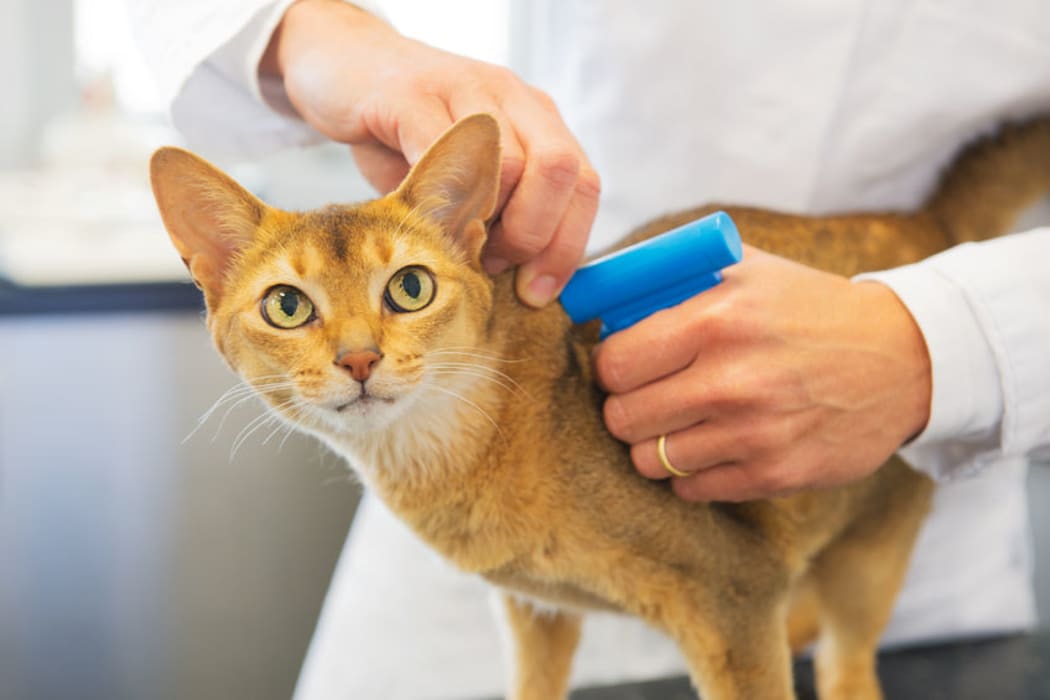The country's councils are calling on the government to give them extra powers to protect wildlife from cats including microchipping, de-sexing and registration.

Photo: 123RF
Local bodies have the power to control dogs and their behaviour, but they only have jurisdiction over cats when they become a health risk.
While the remit presented by Dunedin City Council at the meeting acknowledged the companion role of animals, it noted cats are a danger to wildlife.
"We're increasingly getting the message from our community that they want to be able to give effect to our ambitions as a predator free nation and we can't do that unless we address the issue of the impact cats have on our environment," Dunedin councillor Aaron Hawkins said.
The controversial remit scraped through with just 51 percent of the vote at the Local Government New Zealand annual general meeting.
Wellington City Councillor Iona Pannett, who is a strong advocate for stricter rules on cats, welcomed the move.
However Auckland mayor Phil Goff said his council abstained from the vote because it was not sure what it would mean for the 500,000 cats in the country's largest city.
"We are in favour of practical measures to protect native birdlife."
"We're not in favour of bureaucratic measures that might involve millions of dollars of council time and energy but doesn't achieve the objectives that we set out to achieve," Mr Goff said.
Councils will now lobby the government to finish its National Cat Management strategy.
"It gives us the authority to take action on it once we've got a policy," Invercargill mayor Tim Shadbolt said.
Despite the decision, Local Government New Zealand's incoming president and Dunedin mayor Dave Cull said he doubted National, or any other political party, wanted to get bogged down in a debate on controlling cats this side of the general election in September.
Councils also reiterated their need for more money to build tourism facilities, and will now lobby the government to return a share of GST to the region it was generated.
Mr Cull is promising that Local Government New Zealand will be assertive and demand the government hand over more powers to councils to deal with local concerns.
"At the moment, we're very much at the behest of central government."
Local authorities have become increasingly vocal about the challenges facing their communities, including paying for roads, water and sewerage, and enforcing rules over alcohol and animal controls.
"Far more decisions should be allowed to be made closer to the people, and by the people, that are affected by them. It's about localism," Mr Cull said.


